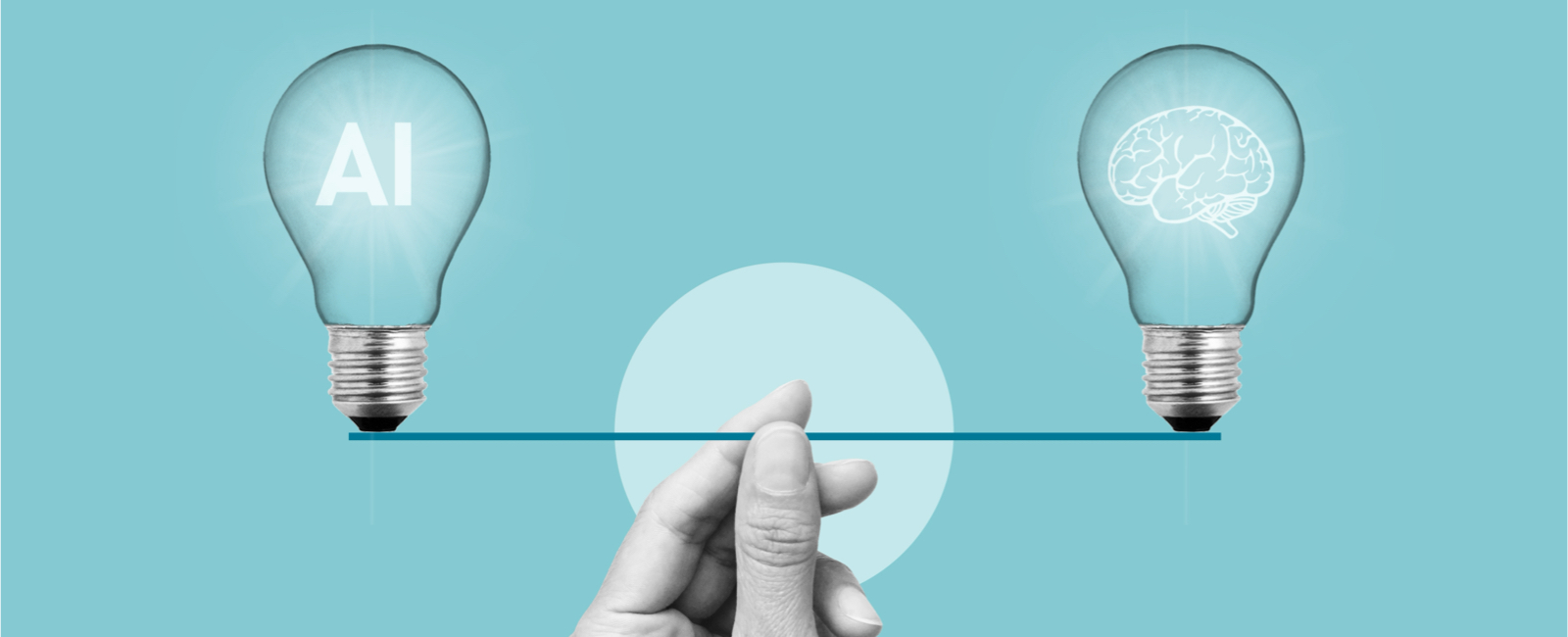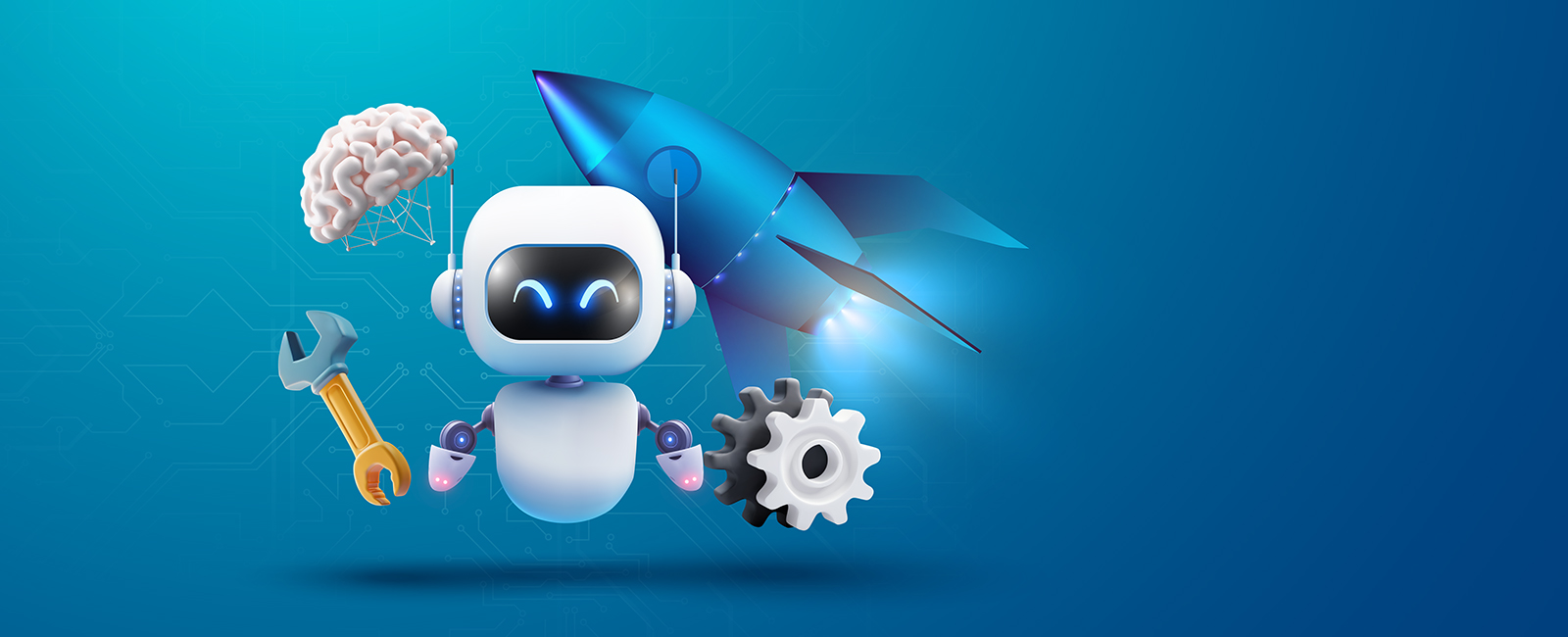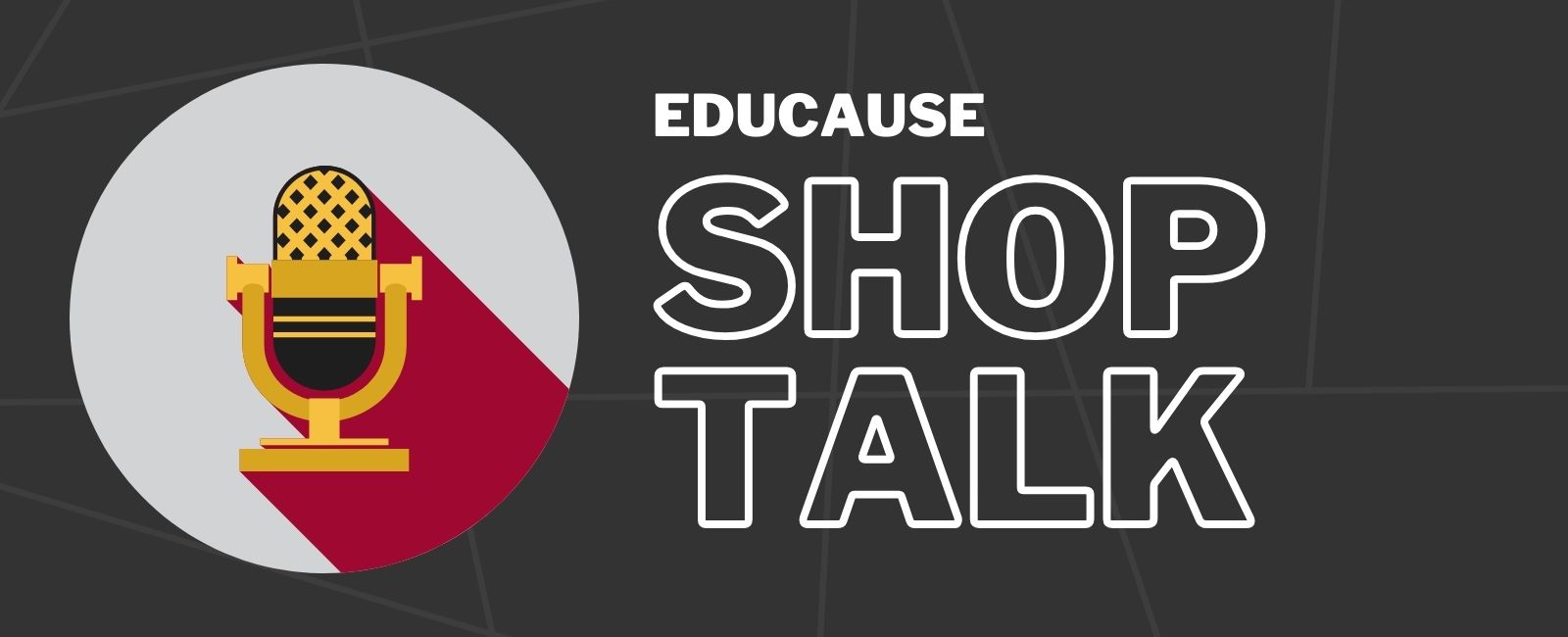Generative Artificial Intelligence and Education: A Brief Ethical Reflection on Autonomy
Given the widespread impacts of generative AI, looking at this technology through the lens of autonomy can help equip students for the workplaces of the present and of the future, while ensuring academic integrity for both students and instructors.








![2025 EDUCAUSE Top 10: Restoring Trust [infographic]](https://er.educause.edu/-/media/images/articles/2024/top-ten/er24106_2025-top_10_infographic-hero-1600x650.jpg)